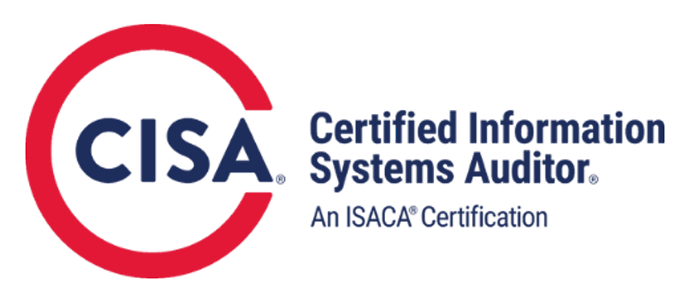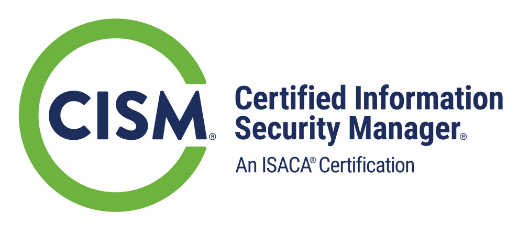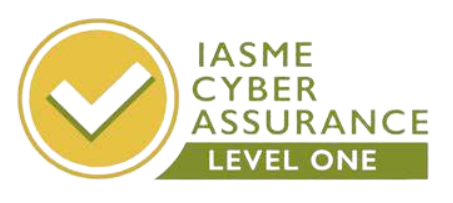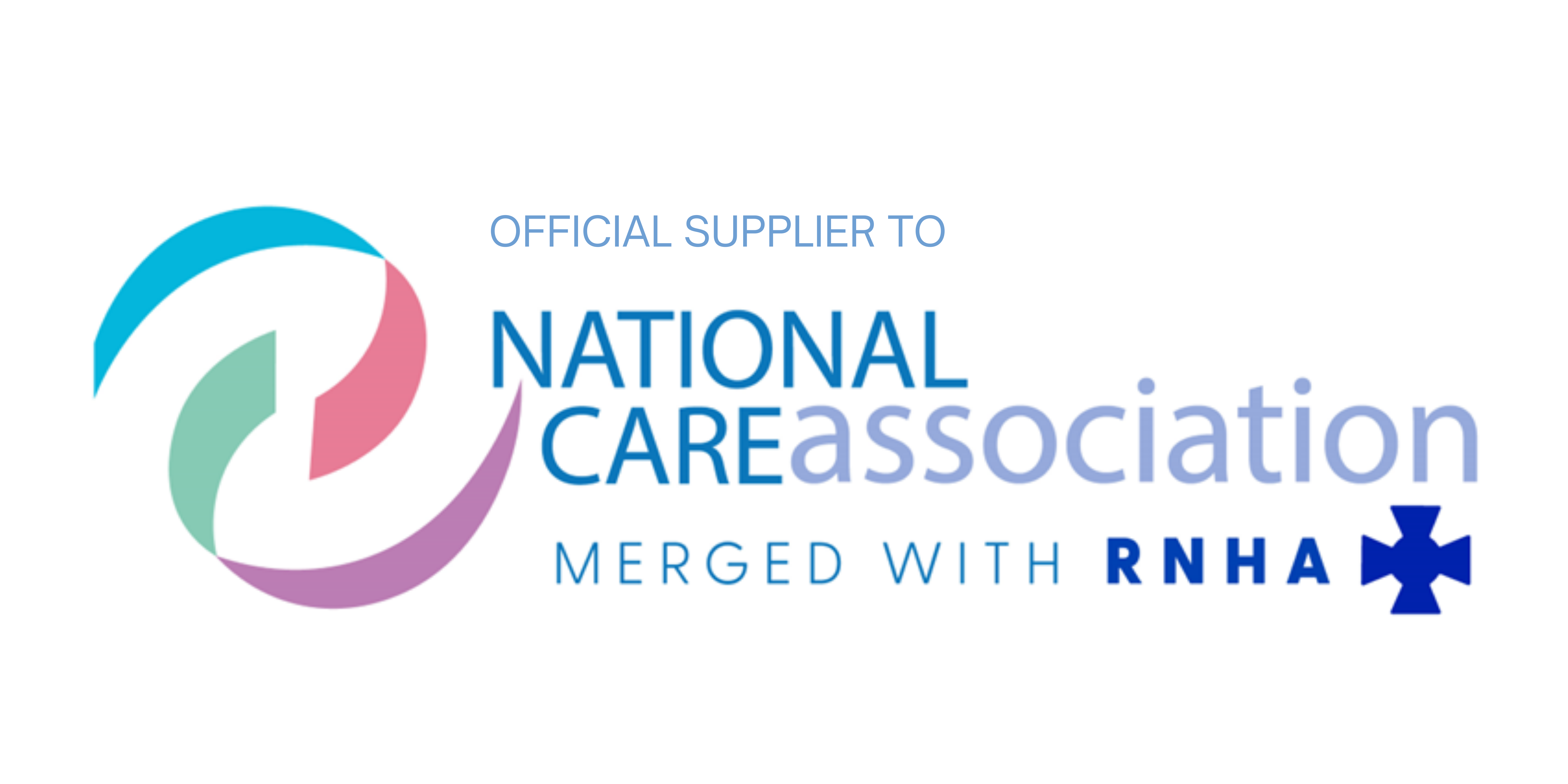Ensure Data Security & Build Customer Trust with SOC 2 Compliance
In today’s digital landscape, data security and privacy are paramount. Moore ClearComm helps businesses achieve SOC 2 compliance, ensuring they meet the highest standards for data protection, risk management, and regulatory compliance. Whether you’re a SaaS provider, cloud service company, or financial institution, our expert-led SOC 2 compliance services will help you strengthen security, gain customer trust, and maintain a competitive edge.
What is SOC 2 Compliance?
SOC 2 (Service Organization Control 2) is a voluntary and widely recognized compliance framework developed by the American Institute of Certified Public Accountants (AICPA), a professional body of Certified Public Accountants in the U.S., to assess and evaluate the security, availability, processing integrity, confidentiality, and privacy of a service organization’s systems and processes. It provides a comprehensive set of criteria that measure the effectiveness of an organization’s controls in safeguarding customer data and ensuring the reliability of their services based on five “trust service principles” – security, availability, processing integrity, confidentiality, and privacy.
SOC 2 compliance is a crucial requirement for organisations handling sensitive customer data, particularly in industries such as technology, finance, healthcare, and cloud computing.
What organisation needs SOC 2 Compliance?
Companies that store, process, or transmit customer data, particularly technology and cloud services providers, are typically required by their customers to demonstrate SOC 2 compliance. It’s a standard expectation in B2B operations that deal with sensitive client data.
Does SOC 2 Compliance apply in the UK?
Even though SOC 2 originated in the United States, it is applicable and recognised as an international standard, including in the UK. It is particularly relevant for UK companies providing services to US-based customers or partnering with US companies.
SOC 2 Audits
Under SOC 2, service organizations undergo an independent audit conducted by certified public accountants (CPAs) to assess their compliance with the established criteria. The audit evaluates the design and implementation of controls within the organization, examining areas such as data protection, system monitoring, access controls, change management, and incident response.
Soc 2 Reports
SOC 2 reports, known as Service Auditor’s Reports, are generated because of these audits. These reports provide valuable information to customers and stakeholders regarding the security and privacy measures implemented by the service organization. Reports can demonstrate compliance with regulatory requirements. They can also provide assurance to clients about the organization’s commitment to protecting sensitive information and internal control.
There are two main types of SOC2 reports: Type I and Type II.
What’s the difference between SOC 2 Type 1 and SOC 2 Type 2?
A SOC 2 Type 1 report evaluates the design and implementation of a service organization’s controls. It provides a description of the organization’s controls at that point in time.
On the other hand, a SOC 2 Type 2 report is an evaluation that covers a specific period of time. It provides evidence that controls are operating effectively.
What are the Principles of SOC 2?
SOC 2 revolves around five principles:
- Security: Includes common security controls such as Governance, Access Controls, Change Management, Vulnerability Management, and Incident Response.
- Availability: The system is accessible for operation and use as service agreements
- Processing Integrity: System processing is complete, accurate, timely, and authorised.
- Confidentiality: Information is protected as per service agreements
- Privacy: Personal information is collected, used, retained, and disclosed in line with applicable Privacy Laws and Regulations
Is SOC 2 a Legal Requirement?
While not a legal requirement, SOC 2 compliance is often considered essential for technology and cloud services companies, as it demonstrates a strong commitment to data security to their clients and partners.
SOC 2 vs ISO 27001
While SOC 2 focuses on controls specific to service organisations and their operations, ISO 27001 is a globally recognised standard outlining the best practices for an information security management system (ISMS), applicable to all types of organisations. There are many overlapping elements, though.
ISO 27001 is primarily based on risk assessment. You are audited against the requirements of an international standard, resulting in a certificate that has to be renewed every three years. Whilst the certificate is typically made public, the audit report tends to remain internal to the organisation.
For SOC 2, an independent auditor attests that your security controls meet the SOC 2 Trust Service Criteria and that these operate as per your own System and Control Description – this results in a SOC2 Report that includes a formal Independent Auditor Attestation of your system and its controls. SOC 2 reports are typically shared with chosen clients and other interested third parties in its entirety.
Some service organisations pursue both ISO27001 certification and SOC 2 compliance, as these are two complementary schemes.
How can we help you achieve SOC 2 Compliance?
Our consultancy team can prepare you for your first SOC 2 audit by helping you choose which of the Trust Service Principles you want to apply, creating a well-defined system scope and System Description, mapping out your security controls and performing a gap assessment to identify where further work will be requires to achieve audit readiness.

Our team will support your gap remediation activities and ensure that your SOC2 system description and controls documentation is accurate and ready for being audited.
What does the SOC 2 audit involve?
The SOC2 audit process involves a comprehensive review of the organisation’s systems, focusing on security, availability, processing integrity, confidentiality, and privacy. The objectives of our audit will be to form an opinion about whether:
- Your System Description is presented in accordance with AICPA’s Description Criteria
- For a Type 1 report, the controls stated in your System Description are suitably designed as of a point in time to provide reasonable assurance that the organization’s service commitments and system requirements were achieved based on the applicable trust services criteria.
- For a Type 2 report, the controls stated in your System Description operated effectively throughout the period of time, based on the results of testing of controls.

The output of the engagement will be an Auditor’s SOC 2 Report which will include:
- Management’s assertion regarding its system
- Your System and Control Descriptions
- A description and results of the control testing we have undertaken.
- Our Independent Service Auditor’s report, with CPA sign-off.
Why Choose Moore ClearComm for SOC 2 Compliance?
- Industry Experts – Our team has extensive experience helping businesses achieve SOC 2 compliance efficiently.
- Bespoke Solutions – We tailor compliance strategies based on your organisation’s unique security needs.
- Fast & Cost-Effective – We streamline the process, reducing the time and cost of achieving SOC 2 certification.
- Ongoing Support – We provide post-audit monitoring to ensure you stay compliant year after year.
Do we perform SOC 2 Audits?
Our separate IT Assurance team undertake SOC 2 Type 1 and Type 2 audits, in accordance with your system description and the attestation requirements established by the AICPA. Find out more about the advantages of choosing a UK based SOC 2 auditor.
Faq’s
The difference between a SOC 1 and SOC 2 report is in the scope: A SOC 1 report is concerned with the implementation of financial controls, whereas SOC 2 attestation reports focus more extensively on availability, security, processing integrity, confidentiality, and privacy.
SOC 2 Type 1 provides a snapshot assessment of an organisation’s security controls at a specific point in time, ensuring they are designed and implemented correctly. In contrast, SOC 2 Type 2 evaluates the effectiveness of these controls over a defined period (typically 3 to 12 months), demonstrating their ongoing reliability.
SOC 2 compliance demonstrates that your organisation follows best practices in data security and privacy. It helps build customer trust, reduces security risks, and ensures adherence to regulatory requirements. Many clients, especially in industries like finance and healthcare, require their service providers to be SOC 2 compliant.
Any organisation that handles sensitive customer data, particularly SaaS providers, cloud service providers, and IT-managed service providers, should achieve SOC 2 compliance. It is often required by businesses looking to work with enterprises and regulated industries.
SOC 2 is based on five Trust Service Criteria (TSC):
➊ Security: Protection against unauthorised access and data breaches.
➋ Availability: Ensuring systems are operational and accessible.
➌ Processing Integrity: Ensuring data processing is accurate and reliable.
➍ Confidentiality: Proper handling of confidential information.
➎ Privacy: Protection of personal information based on relevant privacy policies.
The time frame varies based on an organisation’s existing security practices. Typically, it takes three to twelve months to implement necessary controls, conduct an audit, and receive a SOC 2 report.
⨭ Enhances customer trust and credibility.
⨭ Helps meet regulatory and contractual security requirements.
⨭ Strengthens data security and risk management practices.
⨭ Provides a competitive advantage in securing enterprise clients.
SOC 2 reports are typically valid for one year. To maintain compliance, organisations should undergo annual audits to ensure continued adherence to security best practices.












